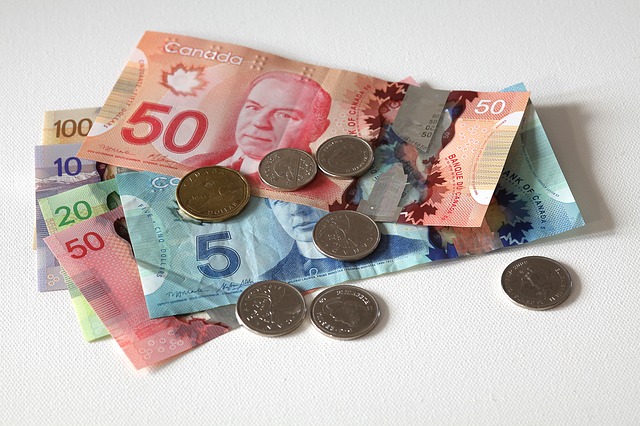August 31, 2022
According to data issued by the Angus Reid Institute, the majority of Canadians say that they have lowered spending recently, and two thirds claim to be under financial stress.
More than half of Canadians are unable to keep up with the expense of living, according to the study.
According to a study by the unbiased research organization, “fully four out of five say they have cut spending in recent months by either lowering their discretionary budget, delaying a major purchase, driving less, scaling back trips and charitable giving, or deferring saving for the future.”
In a survey of 2,279 people, 42% said they were delaying a significant purchase, 41% said they were driving less, and 57% said they were reducing their overall discretionary spending.
However, some Canadians are experiencing greater financial difficulties than others.
According to Angus Reid, Canadians in Saskatchewan and Atlantic Canada are 50% more likely to “use a surprise gift of $5,000 towards paying off debt” if given one than Canadians in other regions of the country.
According to the non-research, profit’s residents of Alberta and the Maritime provinces are more likely than residents of other regions of the nation to report that they have been reducing their spending recently.
The findings imply that older Canadians report being better able to “endure unplanned bills.”
Three out of every five respondents in the research who were above the age of 54 stated they could afford to spend an extra $1,000 this month, “compared to two out of every five among their younger contemporaries.”
According to the study, “those in the 35 to 54 age range are least likely to be able to comfortably pay extra expenses.”
The price of food and gas have recently decreased across the nation, which has led economists to predict a slowdown in Canada’s annual inflation rate, which dipped to 7.6% in July.
The overall inflation rate likely peaked in June, according to experts, reaching an almost 40-year high of 8.1% as a result of monthly increases since June 2020.
According to data issued by Statistics Canada, petrol prices increased 35.6% in July compared to the same month last year, which is significantly less than the 54.6% increase in fuel prices in June.
With food prices up 9.9% in July over the same month last year, however, Canadians are still feeling the effects of inflation, and this feeling could get worse if recession fears grow.
As a result of staffing shortages, increased unemployment claims, and postponed economic effects of pandemic restrictions, RBC forecasts that Canada’s economy will experience a “mild recession” in 2023 with GDP growth of less than 1%.
Source: CTV News
Legal Notice: The information in this article is intended for information purposes only. It is not intended for professional information purposes specific to a person or an institution. Every institution has different requirements because of its own circumstances even though they bear a resemblance to each other. Consequently, it is your interest to consult on an expert before taking a decision based on information stated in this article and putting into practice. Neither Karen Audit nor related person or institutions are not responsible for any damages or losses that might occur in consequence of the use of the information in this article by private or formal, real or legal person and institutions.






